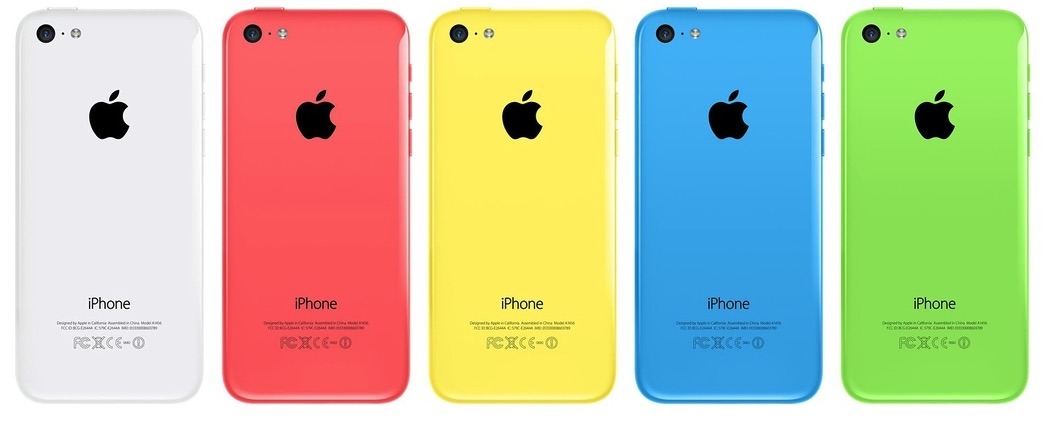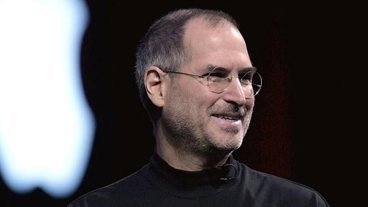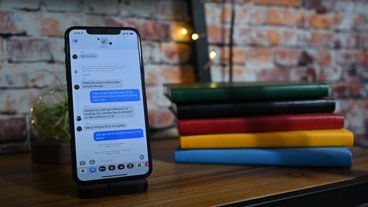FBI sued to divulge info on San Bernardino iPhone 5c encryption hack
The filing, made by the Associated Press, USA Today, and Vice Media, seeks to compel the FBI to reveal not only the method of the phone hack, but who the hack was purchased from as well.
"The FBI's purchase of the technology — and its subsequent verification that it had successfully obtained the data that it was seeking thanks to that technology — confirmed that a serious undisclosed security vulnerability existed in one of the most popular consumer products in the world," the filing claims. "In order to exploit that vulnerability, the FBI contracted with an unidentified third-party vendor."
The trio also argue that disclosure of the method of attack and vendor brings up issues about expenditure of public funds, governmental oversight concerns, and other ethical considerations surrounding the issue.
"The public is entitled to know the nature of the vendors the Government finds it necessary to deal with in cases of access to private information, " the claimants declare. "Including whether or not the FBI feels compelled to contract with groups of hackers with suspect reputations."
On Dec. 2, 2015, 14 people were killed and 22 were seriously injured by a mass shooting by Syed Rizwan Farook and Tashfeen Malik in San Bernardino California. The pair were ultimately shot by law enforcement after a four-hour chase.
Discovered amongst their possessions was a county-owned iPhone 5c. In a botched attempt to penetrate the phone, the county ordered a password reset on the device, preventing any data more recent than Oct. 19 from being automatically backed up to iCloud, and accessible to subpoena.
The Department of Justice said that they already had all the call logs for the device up to the date of the attack, as well as data backups from before the last connection of the phone to Apple's servers.
The judge overseeing the case dictated that Apple create a tool that would work with the seized iPhone 5c that would allow the government to unlock the phone, and grant access to the full contents and data store in the device's flash storage.
Apple CEO Tim Cook refused the request. The FBI ultimately purchased the services of a "grey hat" hacking company to penetrate the phone just hours before a court hearing about the subject, and no tangible data directly related to the shooting was ultimately found.
The FBI has refused requests for information regarding the iPhone 5c in the past, citing that since it does not own the hack, it can't talk about it. Apple has also said that they have no intention of filing suit for data about the penetration method.
 Mike Wuerthele
Mike Wuerthele











 William Gallagher and Mike Wuerthele
William Gallagher and Mike Wuerthele
 William Gallagher
William Gallagher
 Wesley Hilliard
Wesley Hilliard
 Andrew Orr
Andrew Orr



 Amber Neely
Amber Neely






